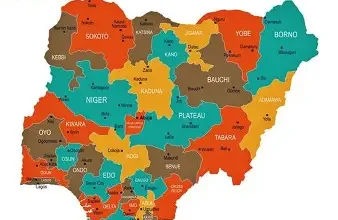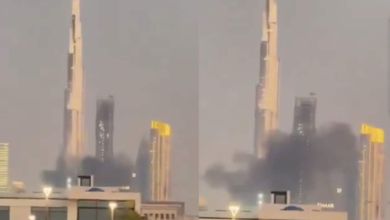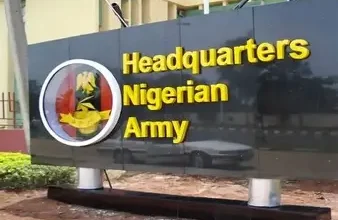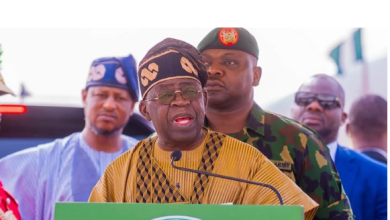Lead
Communities must safeguard pipelines, infrastructure – CDS

The Chief of Defence Staff, General Christopher Musa, has called on communities hosting the Trans Niger Pipeline (TNP) to take responsibility for protecting national assets within their areas.
Musa made the appeal at a monthly stakeholders’ meeting organised by Pipeline Infrastructure Nigeria Limited (PINL) in Port Harcourt on Tuesday.
Represented by Navy Capt. Lassie Ozovehe, he said the effects of oil bunkering and pipeline vandalism were mostly borne by the host communities themselves.
Musa emphasised that oil bunkering and pipeline vandalism have severe environmental and health consequences, primarily affecting the local communities rather than the operating oil companies.
Musa urged host communities to safeguard pipelines and infrastructure, highlighting the importance of local involvement in security efforts.
The defence chief noted that pipeline damage had led to environmental degradation and health hazards, disproportionately affecting local residents.
He praised PINL for its consistent efforts in securing the assets, particularly its record of zero infractions on the Trans Niger pipelines.
Earlier, the Community Relations Consultant, Pipeline Infrastructure Nigeria Limited (PINL)
Dr. Akpos Mezeh, stressed the need for host communities to collaborate in addressing security challenges in the Niger Delta region.
Mezeh identified issues such as poor information sharing, threats to surveillance guards, and stakeholder collusion as ongoing concerns.
Also, Keynote speaker Mr Otoyo Sunday highlighted the serious health effects of gas flaring in the Niger Delta, urging communities to protect their environment.
Mr Datolu Sokubo, Chairman of the Ijaw Youth Council, emphasised the importance of balancing security efforts with human development, particularly in education and healthcare.
On his part, the traditional Ruler of Ekpeye Land, Eze Kelvin Anugwu, demanded that oil companies cease gas flaring immediately, citing health and environmental concerns.
Traditional leaders requested better welfare for surveillance workers, chiefs, and communities to maintain stability and protect oil infrastructure.



